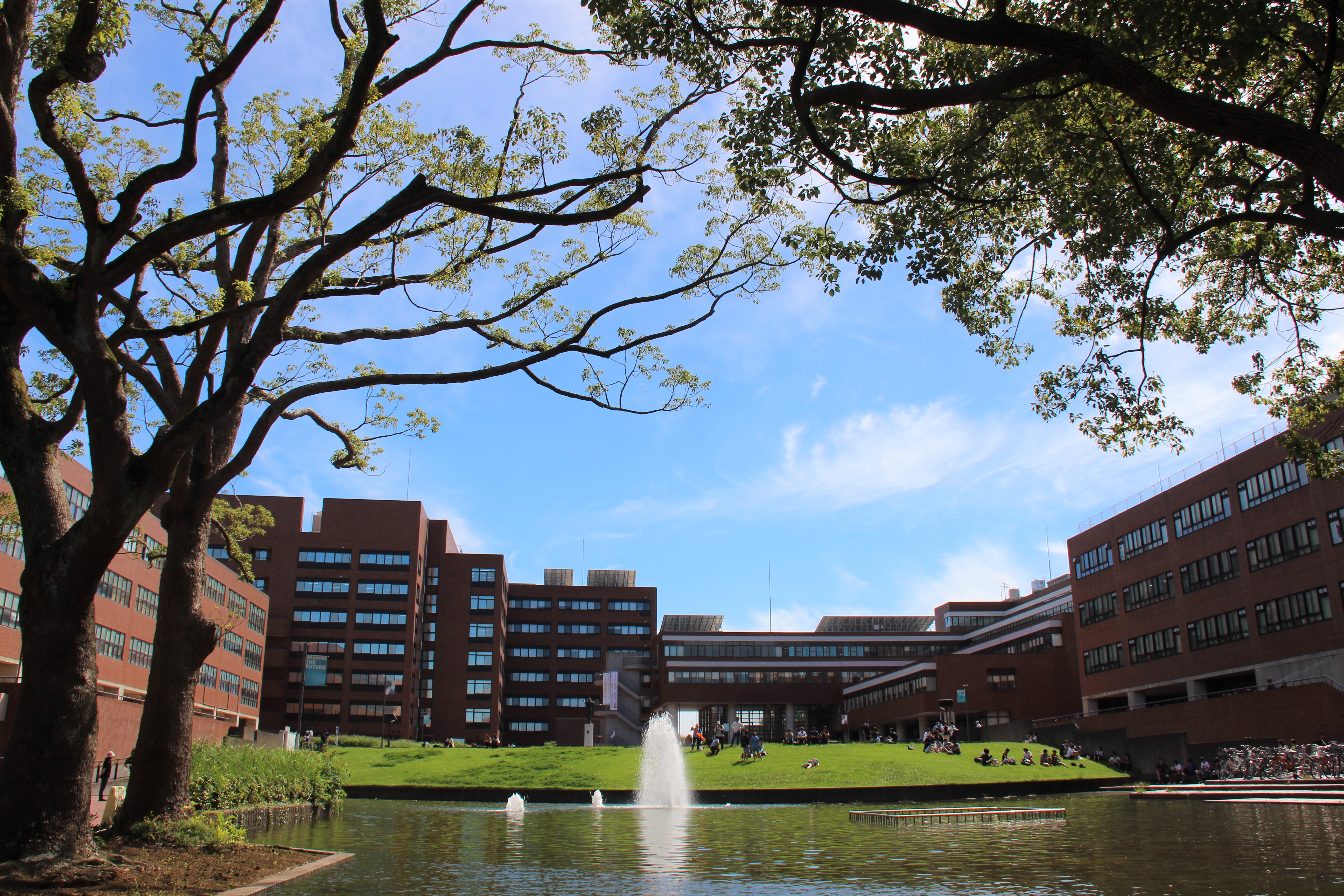
University of Tsukuba was established in 1973 as a national comprehensive university featuring “Openness” with “New Systems for Education and Research” under a “New University Administration.” Under the slogan “IMAGINE THE FUTURE,” we are working daily on reforms to become a future-oriented university that breaks away from the traditional university model.
The main campus of the University is located in Tsukuba City, about 50 km northeast of Tokyo, the capital of Japan. Tsukuba City, a renowned science city, is Japan’s largest center for cutting-edge research and development, with approximately 150 public and private research institutes and 20,000 researchers working in the city. The University plays a central role in this ecosystem, aiming to create new hubs for industry-academia-government collaboration that will generate innovation.
The University, with “interdisciplinary” as one of its keywords, offers a wide range of education and research fields, including not only humanities, social sciences, and natural sciences, but also medicine, arts, and sports sciences. Its organizational structure allows approximately 16,500 students from over 110 countries and regions to flexibly study academic subjects in other areas, rather than remaining limited to their own fields of expertise. This interdisciplinarity is exemplified by our university pioneering research fields that combine different disciplines, such as cybernics research and sleep medicine research.
Another major feature is its high level of “internationalization,” demonstrated by the promotion of the Campus-in-Campus initiative, which aims at transborder educational and research exchanges across national and institutional boundaries, and the establishment of overseas offices around the world (12 countries/regions, 13 offices). In 2024, the University established an overseas branch in Malaysia, marking the first time a Japanese university has established a Japanese degree-granting program abroad.
The University is widely recognized in Japan as a top-tier institution, a Designated National University Corporation, which is expected to develop world-class educational and research activities. The University is also highly regarded internationally, having produced three Nobel Prize winners and more than 50 Olympic and Paralympic medalists among its alumni, underscoring its excellence and global reputation.
Further reading:
